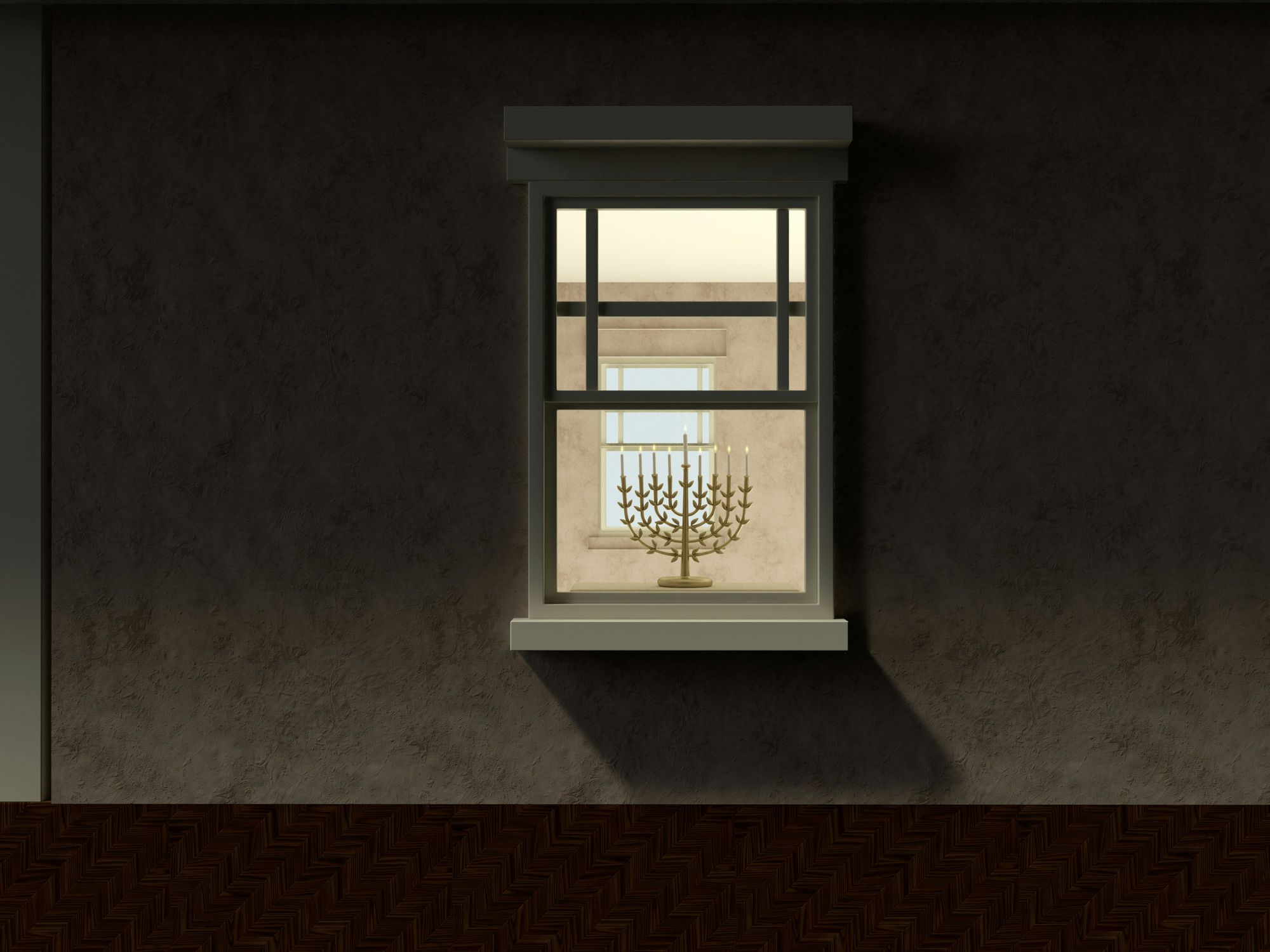Exploring Jewish Cremation Traditions and Trends in the U.S.

Cremation has become increasingly common across the United States, with the cremation rate rising to nearly 58% as of 2021. However, cremation has historically been avoided in traditional Jewish practices which emphasize full body burial.
As cremation rates continue growing in popularity, questions remain about the religious perspectives and trends surrounding Jewish cremation in modern American society.
Longstanding Opposition in Orthodox Judaism
For generations, Orthodox Judaism has expressly prohibited cremation based on core beliefs that:
- The human body should remain intact and untarnished out of respect, as it was created in God's image.
- Cremation is considered a form of mutilation or desecration of the body.
- Burial traditions like leaving the body undressed and covering with simple wood shavings represent humbling human equality after death.
From this traditional Orthodox perspective, cremation has been viewed as a violation of Jewish religious laws and teachings. As such, cremated remains have been prohibited from being buried in dedicated Jewish cemeteries in many communities.
Differing Views in Conservative and Reform Movements
Outside of Orthodox Judaism, cremation has seen increasing acceptance and accommodation, particularly in the Conservative and Reform branches of American Judaism:
Conservative Judaism
In 1962, the Committee on Jewish Law and Standards drafted cremation guidelines that provided more flexibility and tolerance for the practice under extenuating circumstances. These include:
- Environmental conservation and space concerns at crowded cemeteries.
- Elderly or infirmed individuals preferring a simpler cremation process.
- Relocation of remains after initial earth burial.
Most Conservative synagogues now allow cremated remains to be buried or housed in their cemeteries as long as certain rituals and rules are followed.
Reform Judaism
The Reform movement has adopted an even more open policy toward cremation in the U.S. Based on the principles of freely applying modern interpretations of Jewish law, cremation is generally accepted as a legitimate choice for Reform Jews today.
Some key factors in the Reform view:
• Cremation itself does not contradict core religious teachings once life has ended.
• Making one's own choice about cremation is an expression of religious freedom.
• Environmental stewardship and land preservation are important modern values cremation supports.
Reform rabbis commonly officiate over and incorporate Jewish traditions into modern cremation services for members.
Rising Cremation Rates Among American Jews
As acceptance around cremation grows in non-Orthodox movements, the cremation burial rates have steadily increased among American Jews:
- In 2010, an estimated 15-20% of Jewish individuals opted for cremation nationwide.
- By 2017, over 25% of Jewish burials involved cremated remains.
- Projections estimate nearly 40% of American Jews will choose cremation by 2035 based on current trends.
At the same time, many Jews who choose cremation still incorporate traditional Jewish burial rites and ceremonies following the cremation process to honor heritage and customs.
Jewish Cremation Traditions & Honorings
For Jewish families who choose cremation in modern times, special traditions and service offerings are becoming more widely available:
- Funeral homes offering Jewish-certified cremation services that meet kosher standards.
- Synagogue-provided mourner prayers and memorial prayers performed over cremated remains.
- Scattering of remains incorporated into graveside service rituals.
- Designated areas at Jewish cemeteries for burying or housing cremated remains.
As cremation rates continue rising among American Jews in the coming decades, we can expect ongoing developments in how this option is adapted to align with religious values surrounding the honoring of the deceased.




